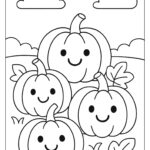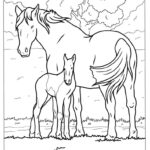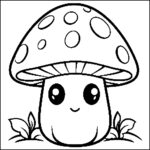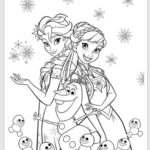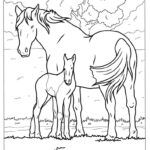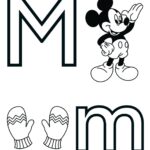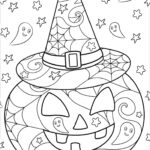Are you looking for a fun and creative activity for your kids this fall? Why not try pumpkin printable coloring pages! These festive designs are perfect for keeping little hands busy and sparking their imagination.
With Halloween just around the corner, pumpkin coloring pages are a great way to get into the spooky spirit. Whether you’re looking for a simple activity to do at home or need something for a classroom party, these printables are sure to be a hit!
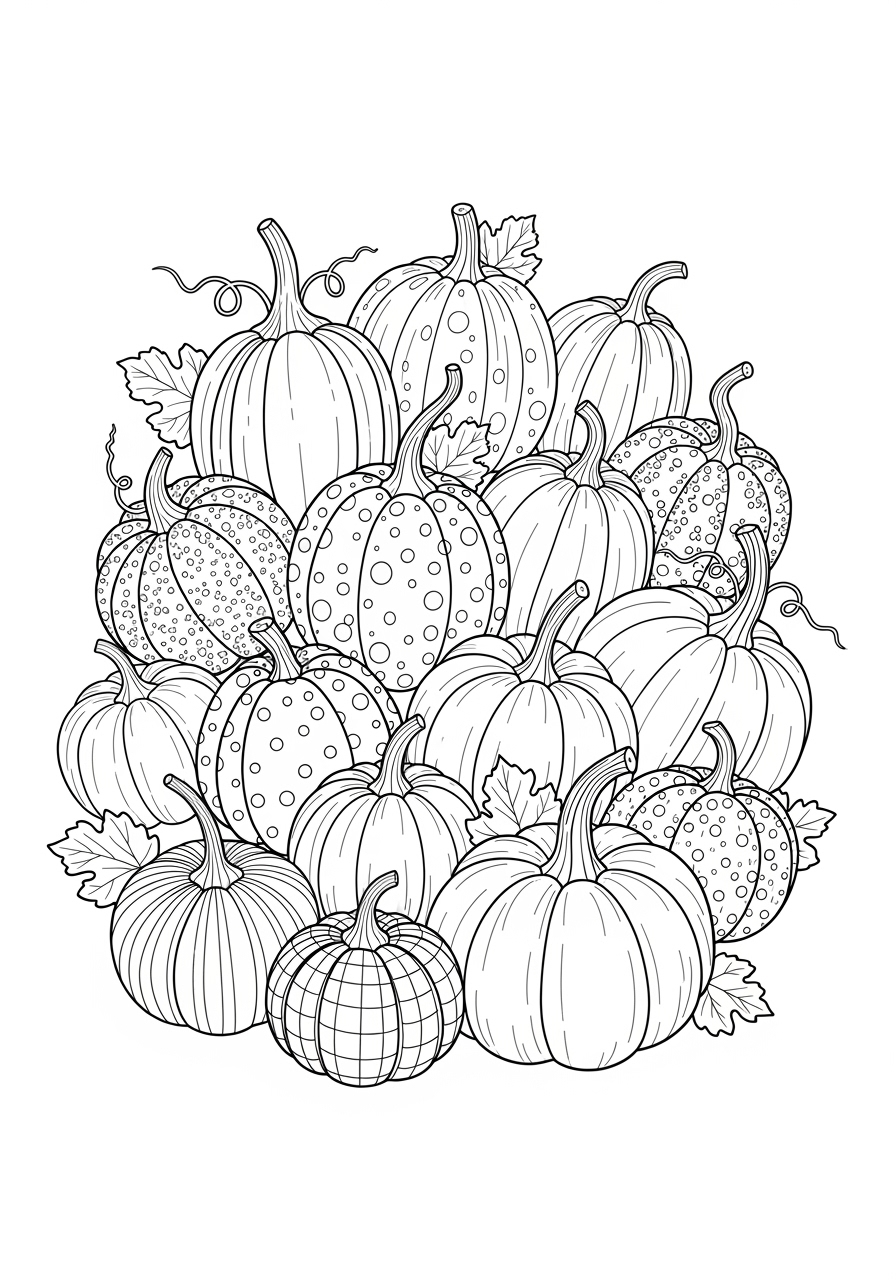
pumpkin printable coloring pages
Pumpkin Printable Coloring Pages
One idea is to host a pumpkin coloring contest with friends or family. Provide different pumpkin designs and let everyone show off their artistic skills. You can even offer small prizes for the most creative or spookiest pumpkins!
If you’re a teacher, pumpkin coloring pages can be a great addition to your classroom. They can be used as a calming activity during a hectic day or as a reward for good behavior. Plus, they can tie in perfectly with lessons about fall or Halloween.
Looking for a quick and easy Halloween decoration? Print out a few pumpkin coloring pages, have your kids color them in, and then hang them around the house. It’s a simple way to add a festive touch to your home without spending a lot of money.
So why not give pumpkin printable coloring pages a try this fall? They’re a fun and easy way to get creative with your kids and embrace the Halloween spirit. Download a few designs, grab some crayons, and let the coloring fun begin!
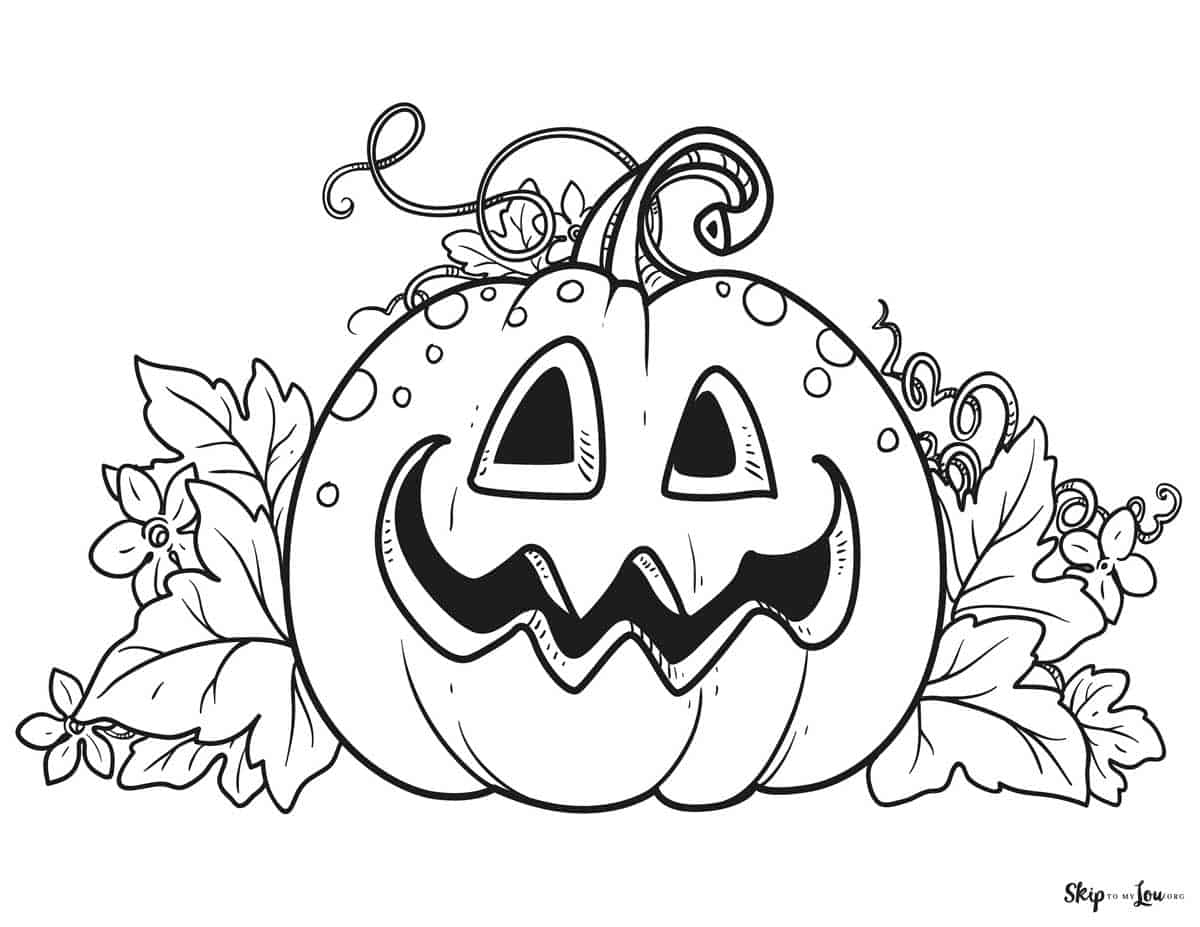
Pumpkin Coloring Pages Skip To My Lou
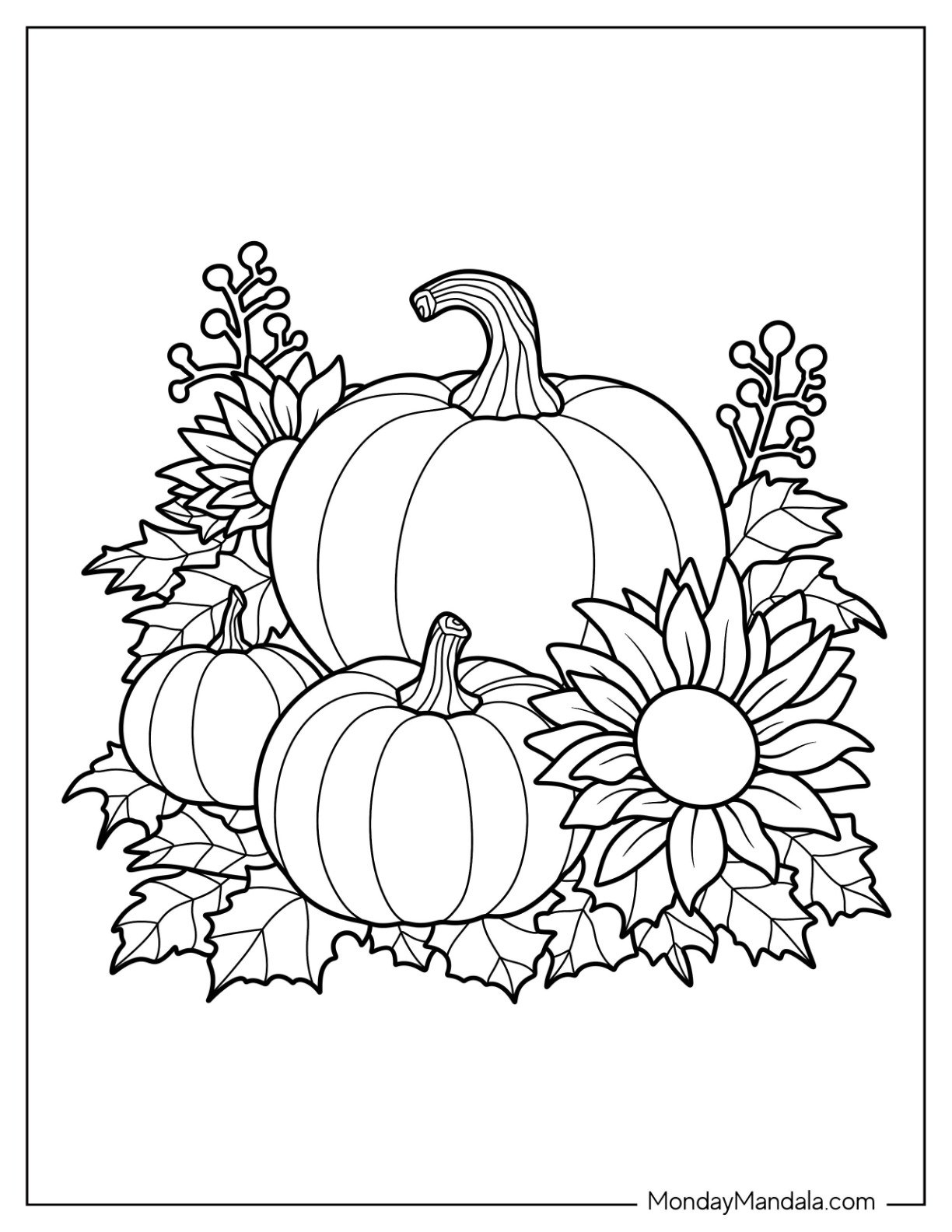
Regardless of your experience, pumpkin printable coloring pages has a poster for every vibe.
With styles for every theme, it is easy to stay creative any day of the week.
60 Pumpkin Coloring Pages Free PDF Printables
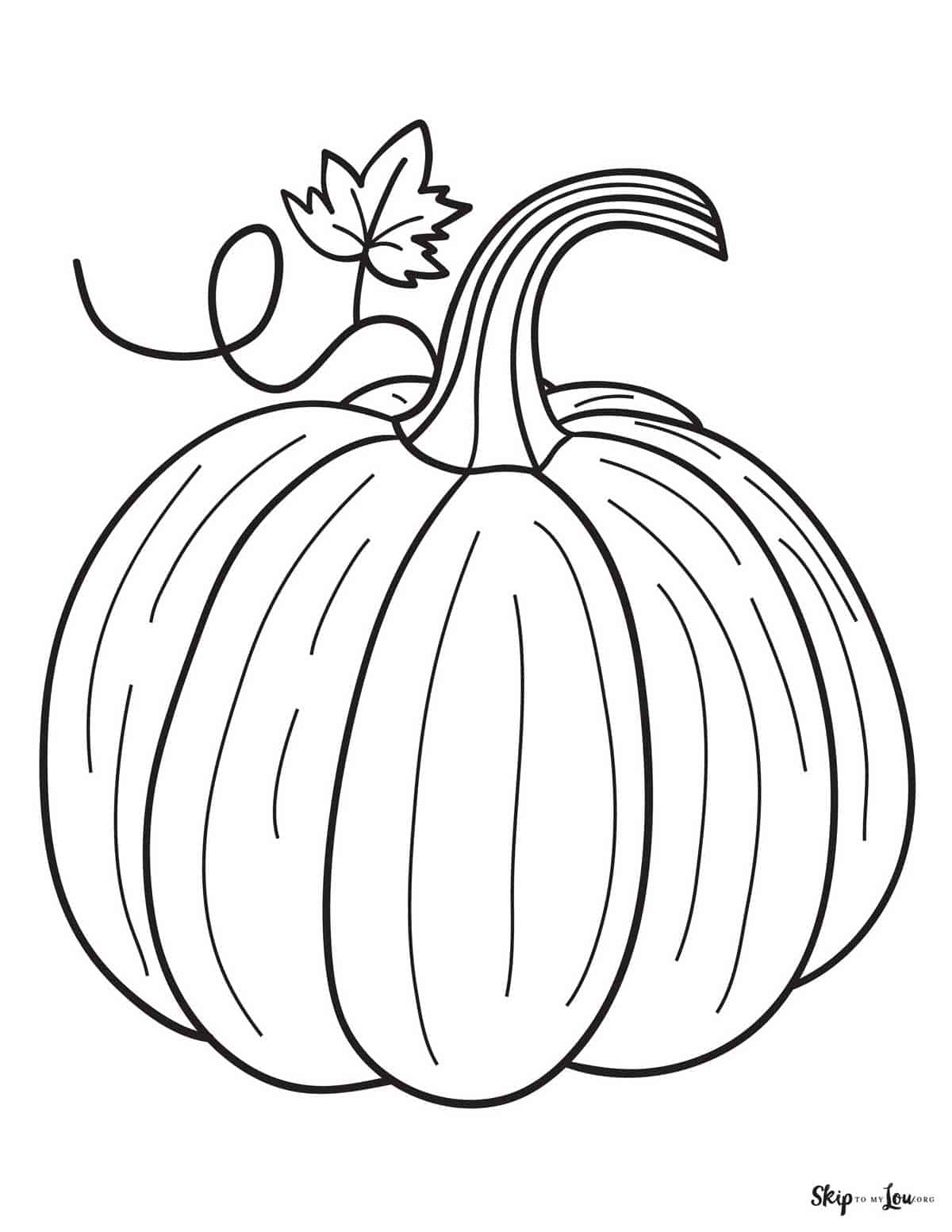
Pumpkin Coloring Pages Skip To My Lou
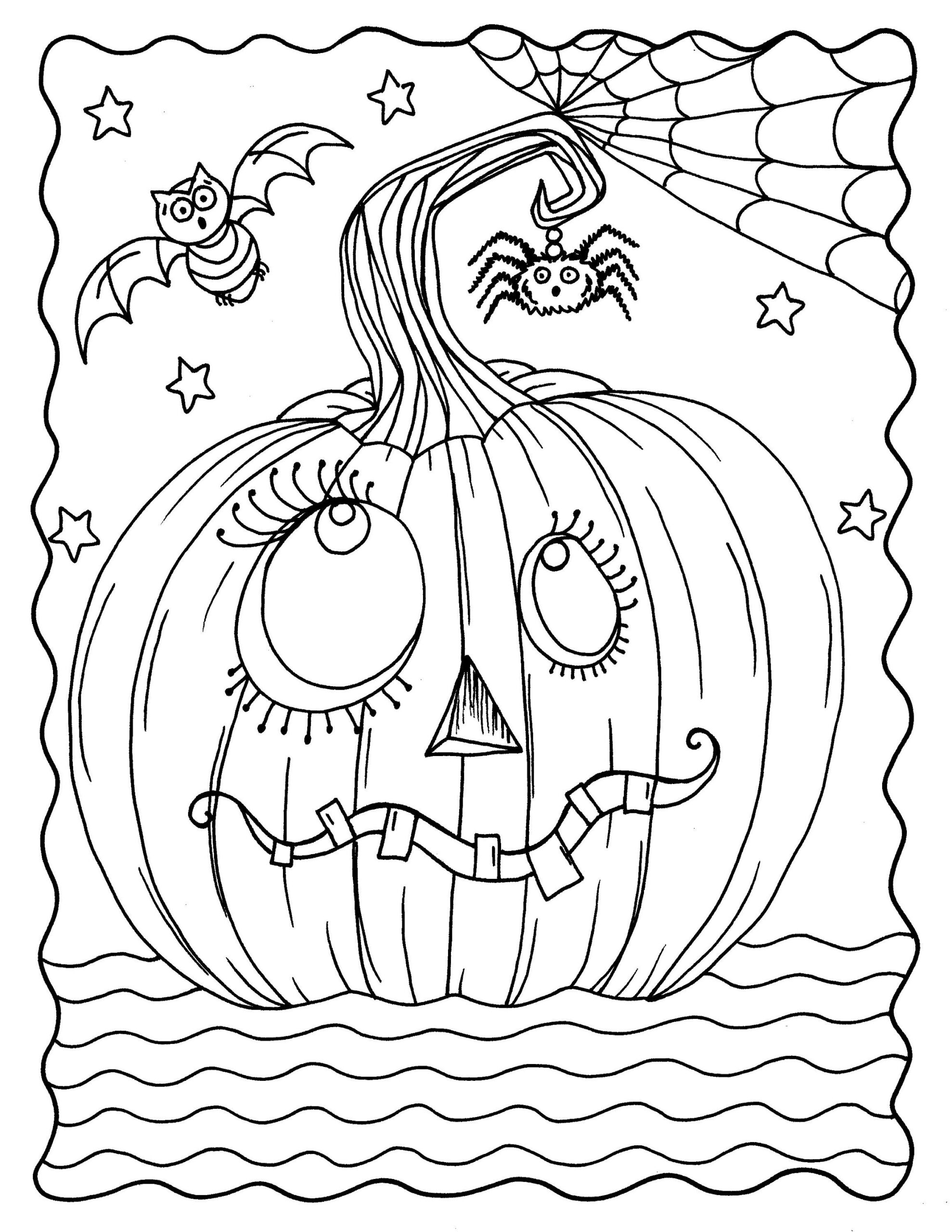
GOOFY Pumpkin Coloring Page Digital Download Instant Printable Adult Coloring Pages Halloween Jack O Lantern Etsy
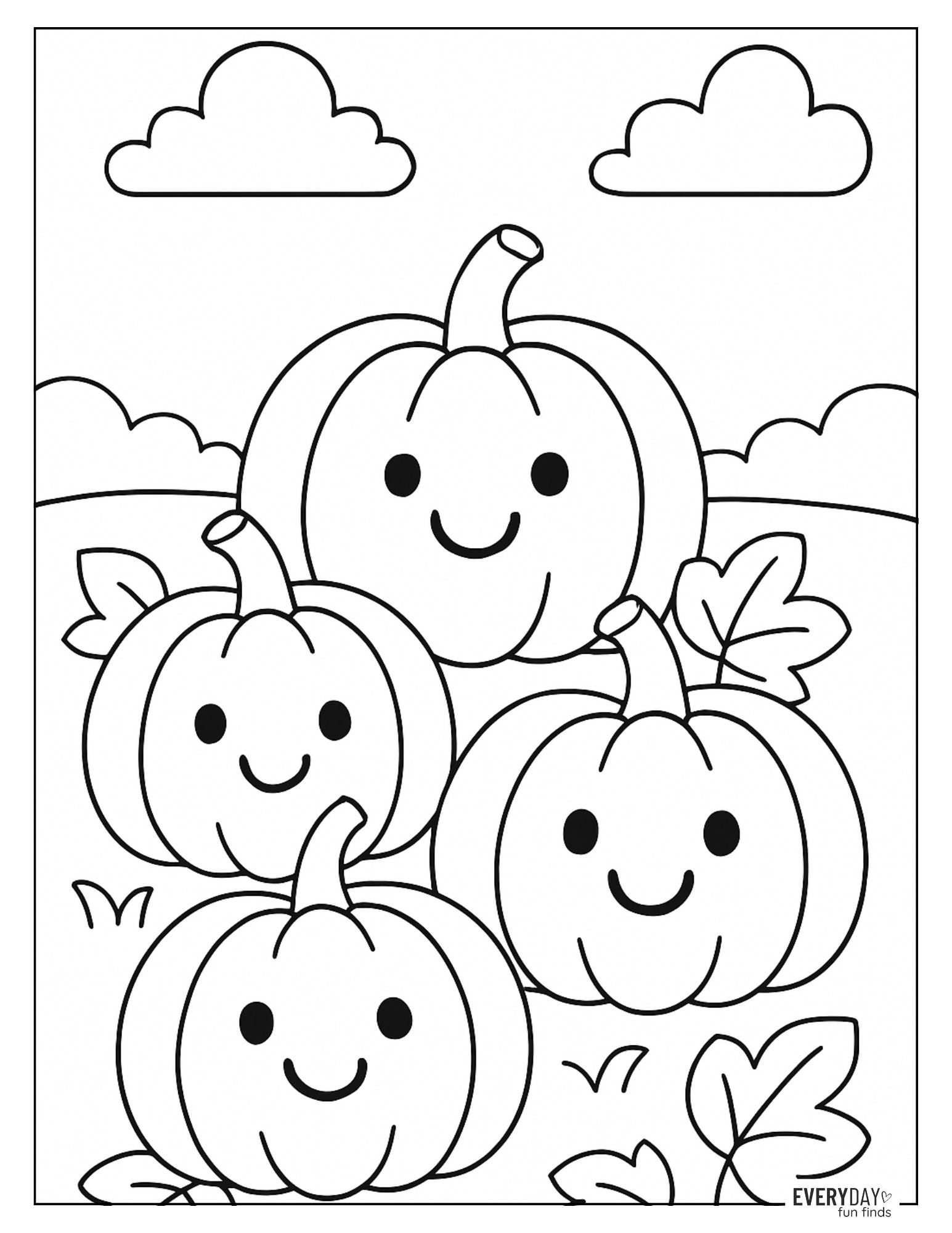
Pumpkin Coloring Pages Free Printables
Bookmark this site for your next study wall project and enjoy budget-friendly updates.
Whether you’re adding color to your classroom, pumpkin printable coloring pages is your trusted helper. Your routine will thank you
